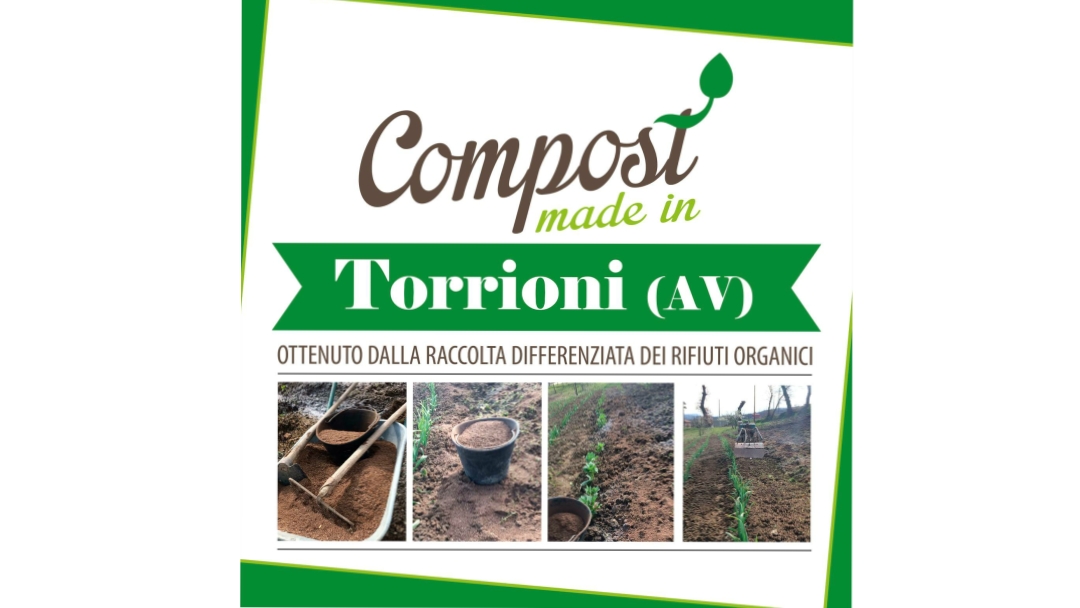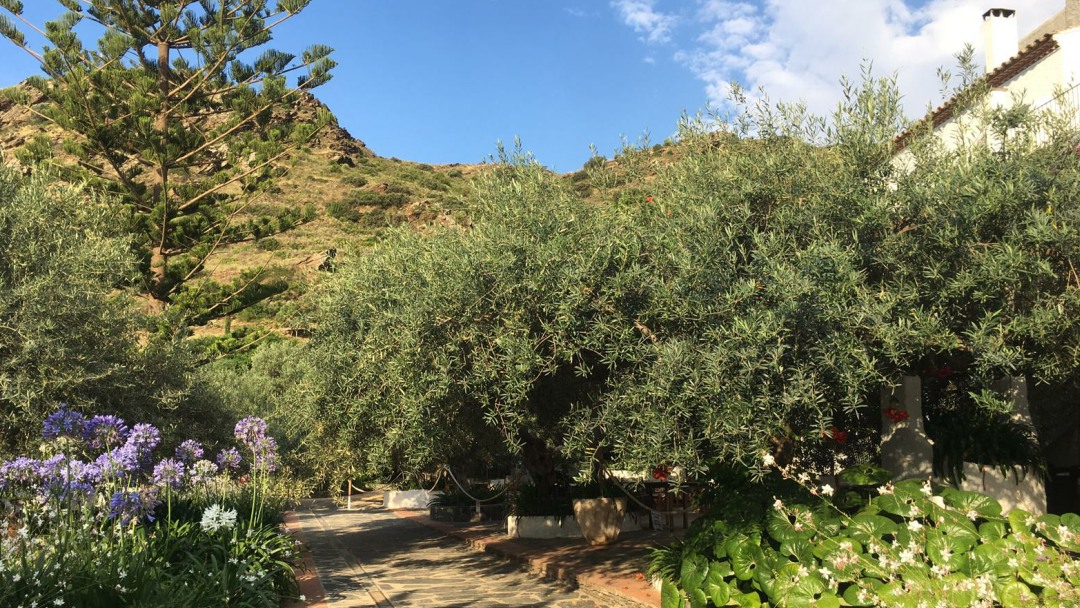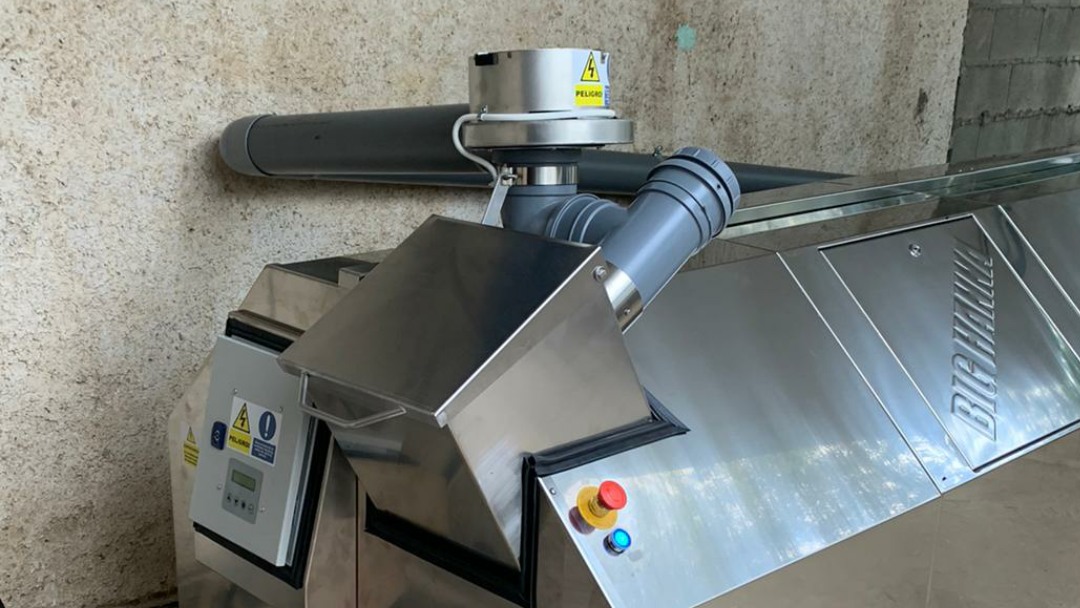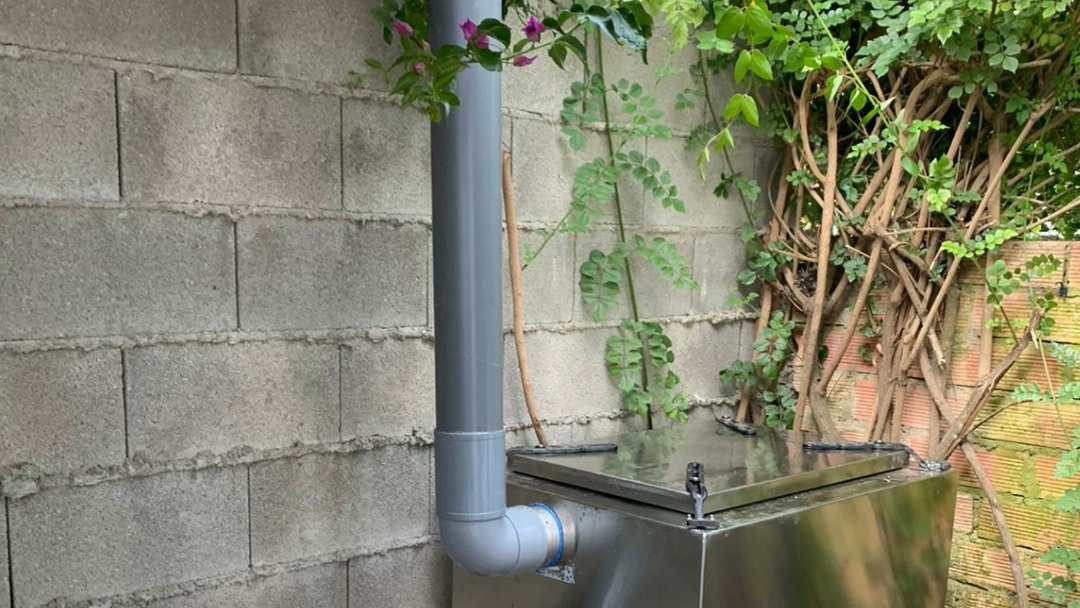The Cala Jóncols de Roses group, first with Zero Waste in the Girona region
The company has driven a management system to close “the circle” and bet on sustainability.
The Cala Jóncols de Roses group, which has a hotel, a restaurant, a vineyard and two diving centers, has promoted an innovative waste management system with cutting-edge technology with the aim of “closing the circle” and becoming in the first establishment of this kind with Zero Waste in the Girona region and one of the first in Catalonia. Years ago, this establishment, located in the heart of the Cap de Creus Natural Park, began to implement measures to minimize the generation of waste. With the new system, however, it guarantees the recovery of virtually all the waste generated, as well as helping to promote sustainability through the so-called circular economy.
To advance in this line, the group plans to install solar panels to produce electricity for their own consumption and enable charging points for electric vehicles.
In addition, it plans to build a winery to make its own wine in an ecological way and a mill to make the oil from its own olive trees. The two constructions, which are expected to be in operation next year, will be “fully integrated” into the environment and will be the first of these characteristics the municipality.
The company has also installed a state-of-the-art composter that allows to treat ‘in situ’ the waste generated in the restaurant, both of animal and vegetable origin, and transform it into fertilizer for the vineyard, the orchard and garden. It is a natural process with a very low electricity consumption – lower than a microwave. The composter, manufactured by a Swedish company, has the capacity to absorb up to 26 tons of organic waste per year, and avoids bad odours thanks to its reverse pressure system.
As for plastic, paper and cardboard packaging is compacted and the glass crumbles to reduce volume, facilitate recycling and minimize transport and reduce the CO2 footprint.
On the other hand, a few years ago the group put in place measures to reduce water consumption and make the most of it. In this sense, the water consumed comes from a well and is purified by osmosis. In addition, plastic has been removed from water containers and replaced with reusable glass bottles. It also uses individual canteens for the water it offers to take away to its customers.
They estimate that with this system, each season there is a saving of more than 2,000 plastic containers. With these measures, in addition, the emissions of Co2 derived from the transport of water and of the containers are reduced to zero.
In relation to space cleaning, they have also removed all chemicals and used hydrolyzed water. It is an effective system for removing bacteria and viruses and also sterilizes coronavirus surfaces. To do the laundry, it is washed with ozone, which saves 30% water and 50% detergent.
In addition, the company has for years had its own treatment plant to filter and disinfect wastewater and thus reuse it for irrigation of the orchard and garden. The installation allows to recover about 40 cubic meters daily. For the last ten years, the garden has been irrigated using the hotel’s water once the wastewater has been treated. The lawn has been replaced by an upholstery plant, the lippia, which reduces water consumption by 90%; the soil was prepared in such a way that there was no need to apply artificial fertilizers and native plants, such as agapanthus and caura, were used, which integrate perfectly into the cove.
They have also introduced a flock of lambs that contributes naturally and sustainably to clearing the undergrowth.
A team project
The group’s leaders state that “reducing waste in the hotel sector has become essential if you want to be a responsible company”. “We have motivated and involved our teams in this process towards zero waste and we also want to raise awareness among our customers,” they add. To do this, they will install posters in different parts of the establishment where the waste management process will be explained. A figure will also be created to ensure the proper functioning of the system.
A family business
The Cala Jóncols group is a family business. The hotel, which has 30 rooms, opened in 1955, next to an old fishermen’s shelter that is still preserved in the area; is managed by the Gómez-Fernández family. The company has had a vineyard since 2015 (the smallest in Catalonia with an area of less than one hectare), which was born to recover the red hawthorn, a variety native to the Empordà and northern Catalonia. The project is completed by two diving centers located: one in Cala Jóncols, and the other in the fishing port of Roses.



